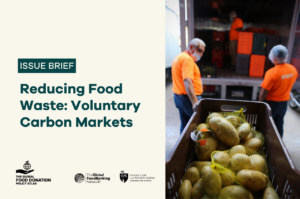The second Trump administration began with an unprecedented flex of executive authority: an attempt to impound up to $3 trillion in funds previously appropriated by Congress. Many of these funds are dedicated to services critical to public health. Community health clinics, family planning programs, and food banks all depend on funding from the federal government, and many have closed their doors or temporarily laid off staff due to funding delays. The weakening of these organizations leaves significant gaps in the United States’ health care system. Over 32 million individuals visit community health clinics annually, with 20% of the country’s rural population relying on such clinics for preventive services, prescription drugs, and help with substance use disorders. Delays in access to such services pose serious risks to individual and population health.
In response to the funding freeze, multiple groups sued in federal court to challenge the Trump administration’s orders. The backgrounds and interests of these groups vary – state attorneys general, non-profit coalitions, universities, and international aid groups – but their legal arguments share common threads. First, they allege that the funding freeze violates multiple provisions of the US Constitution, namely Congress’s “power of the purse” and the President’s responsibility to “take care that the laws be faithfully executed.” Second, they argue that the actions violate several statutory provisions including the Administrative Procedures Act (APA) and the Impoundment Control Act (ICA).
Upon an initial review of the plaintiffs’ claims, multiple federal judges have already issued Temporary Restraining Orders (TROs) that indefinitely stop the Trump administration’s funding freeze. The Supreme Court also issued an emergency order holding that the government must resume foreign aid payments previously appropriated by Congress. But these legal battles continue.
Read our latest Health Care in Motion.


Health Law & Policy, Commentary
Freezing the Freeze: An Update on Litigation Challenging Trump’s Funding Freeze – HCIM
March 27, 2025